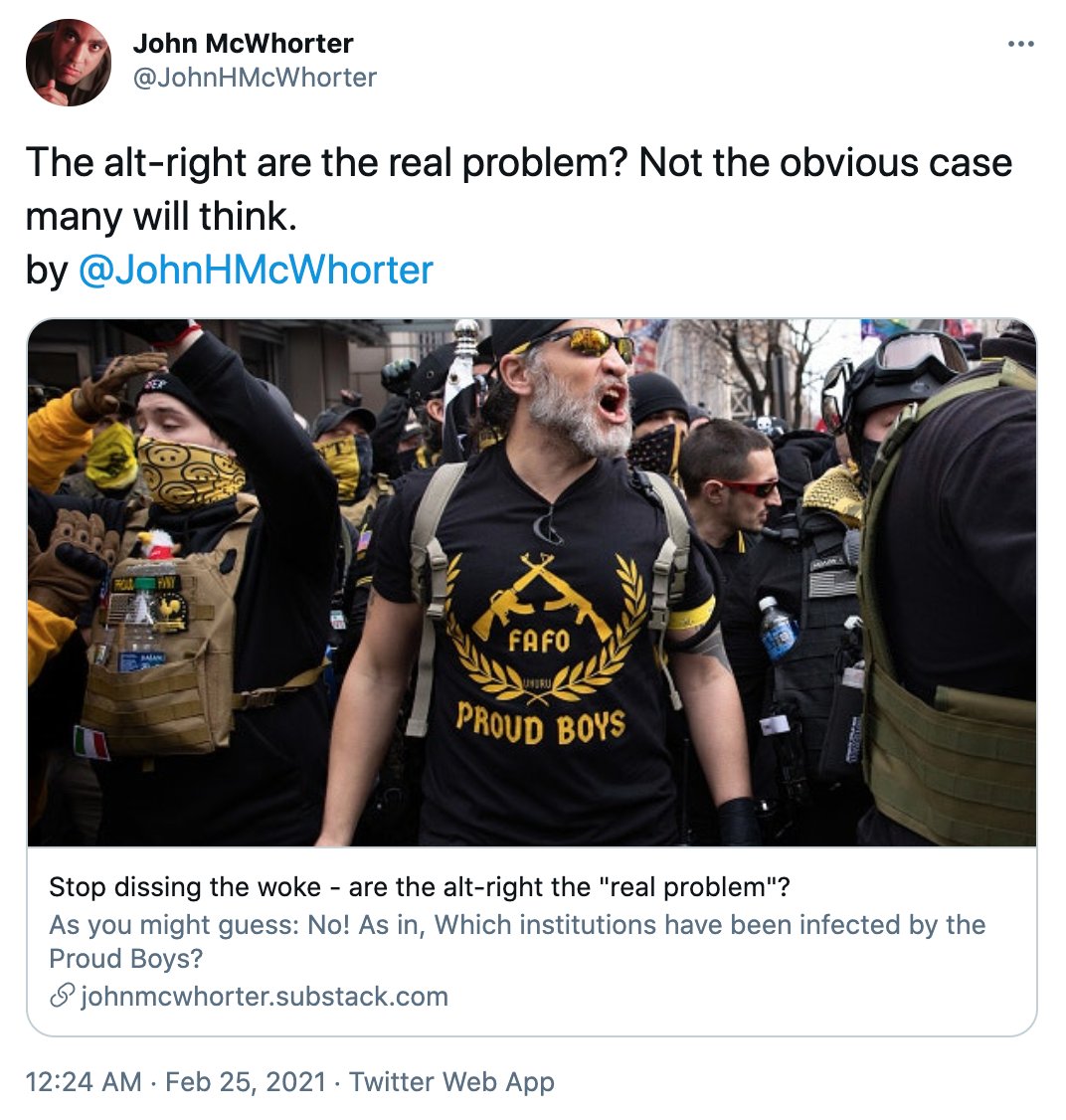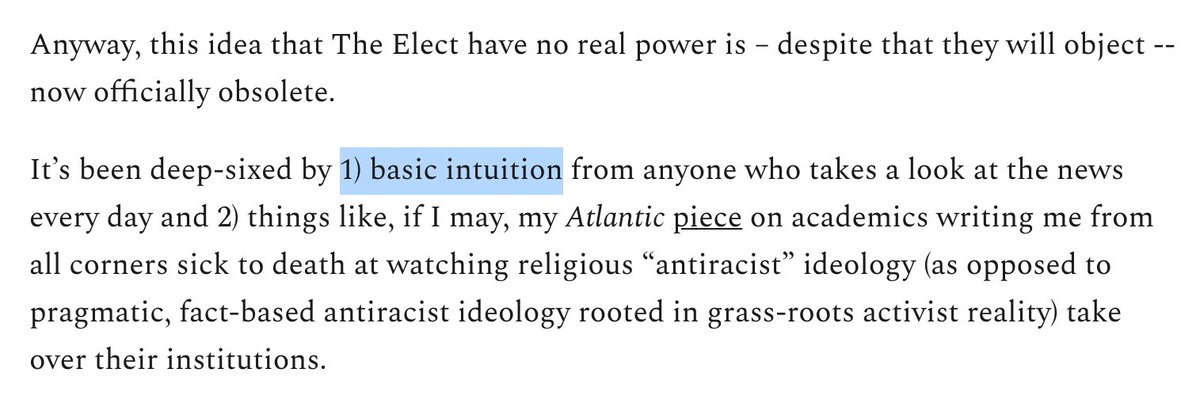
since money is a social construct, how come I can't choose how much I have???
https://twitter.com/LeonydusJohnson/status/1364986580121788418
the only way out is to admit that money was created just moments after the Big Bang, checkmate postmodernists
unironically lmao at the replies implying "social construction" was invented by some entity called "The Woke"
tfw simple Logic proves that I can change my nationality (socially constructed) more easily than my hair colour (natural) 

• • •
Missing some Tweet in this thread? You can try to
force a refresh








